
Employers sometimes lose focus on vision protection when handling high-fatality dangers such as falls. Fortunately vision protection might be having its big moment.

Sustainability and employee safety are closely linked, and prioritizing them in the workplace creates resilient and successful business models that benefit employees.
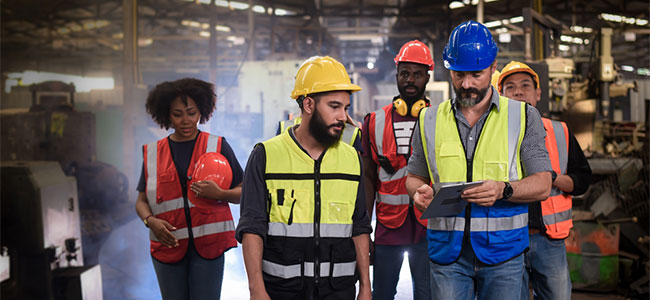
How can employers develop a comprehensive training program and instilling a safety culture to prevent slips and falls?

Here are the product entrants in the 2023 edition of Occupational Health & Safety’s annual product contest.
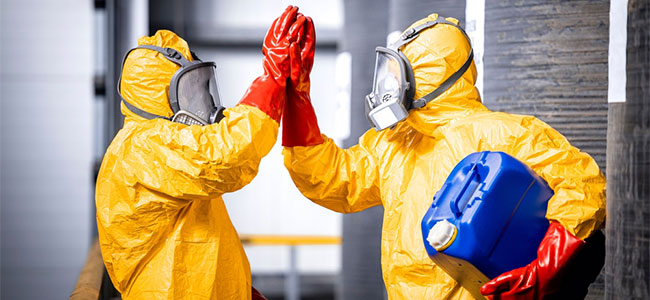
Orienting new employees on chemical safety requires leveraging the right methods and tools to ensure a slate of learning objectives takes hold.
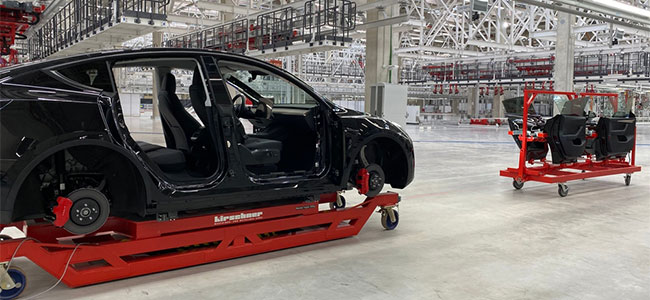
With many big-name auto brands racing to manufacture electric vehicles, the construction industry is racing to keep pace with demand, but what does that mean for worker safety and PPE needs? There are four key stages of construction to examine.
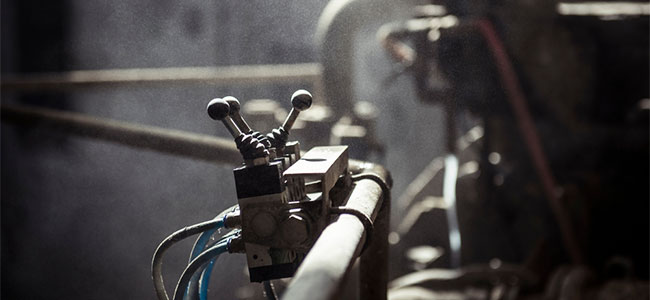
Expert Mark Ramos joins OH&S to delve into the unseen challenges and solutions when it comes to managing combustible dust in industrial and manufacturing facilities.
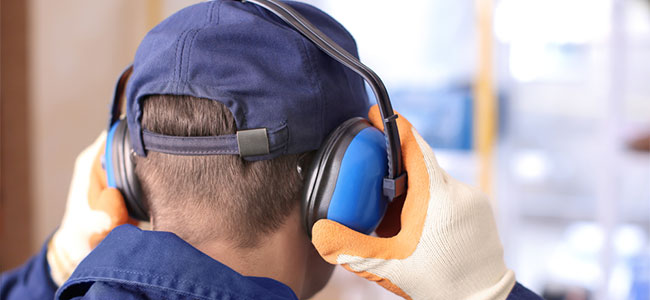
Hearing protection in the workplace is critical in not only preserving workers’ hearing, but in protecting them from larger safety risks. How can companies prevent hearing loss?
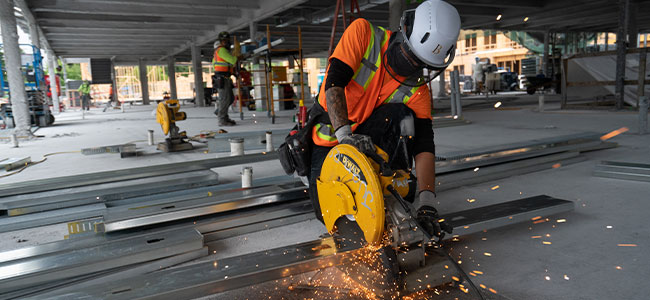
The world of worker safety is redefining head protection as it makes the shift from traditional hard hats to comprehensive safety helmets in construction.
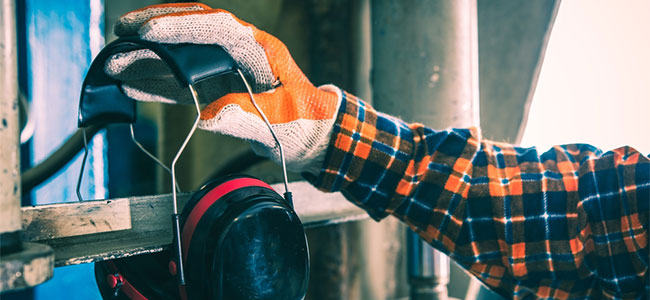
Protecting workers from hazardous occupational noise exposure requires understanding the exposure, taking the right PPE approach, and ensuring worker buy-in.